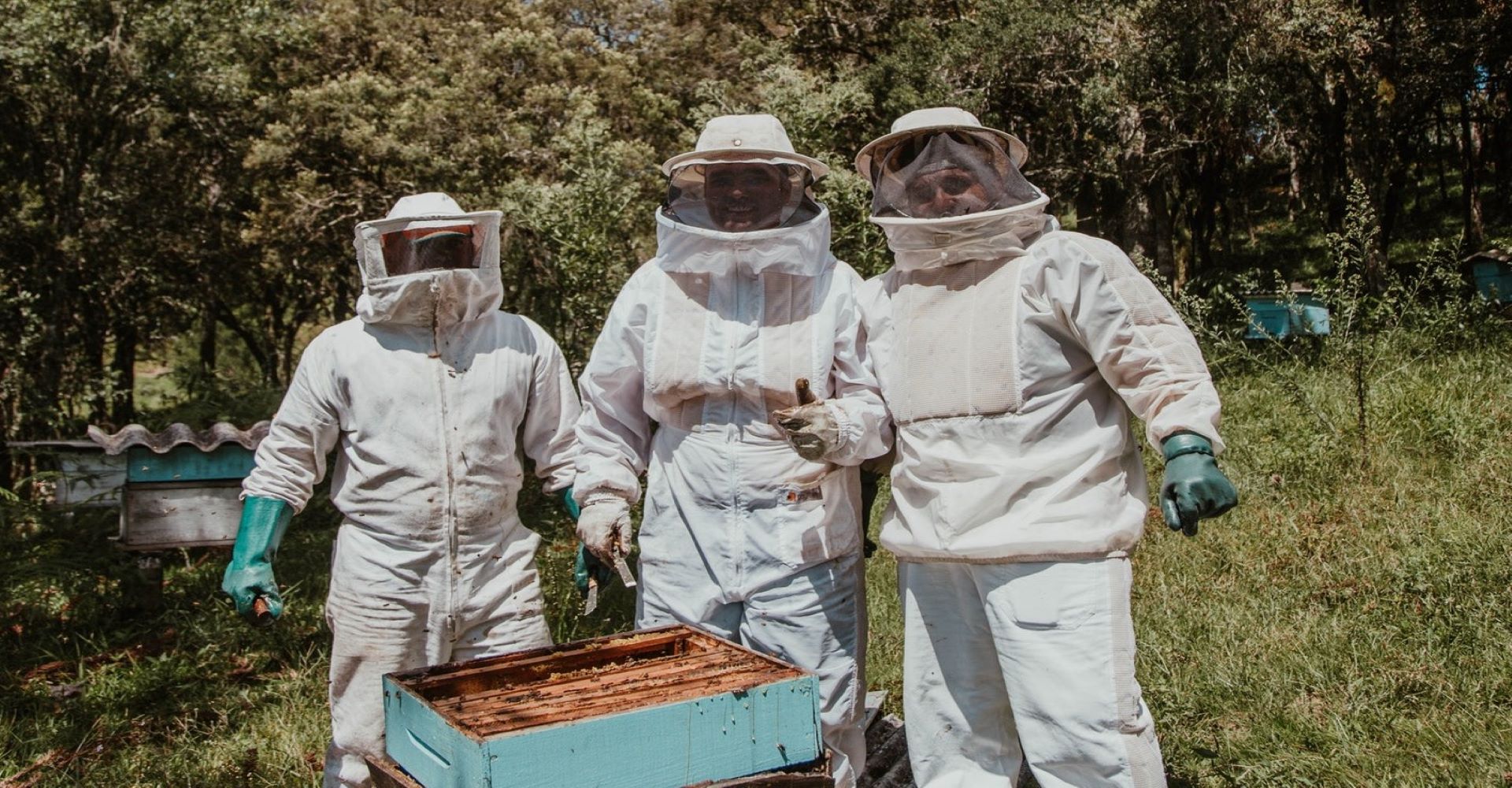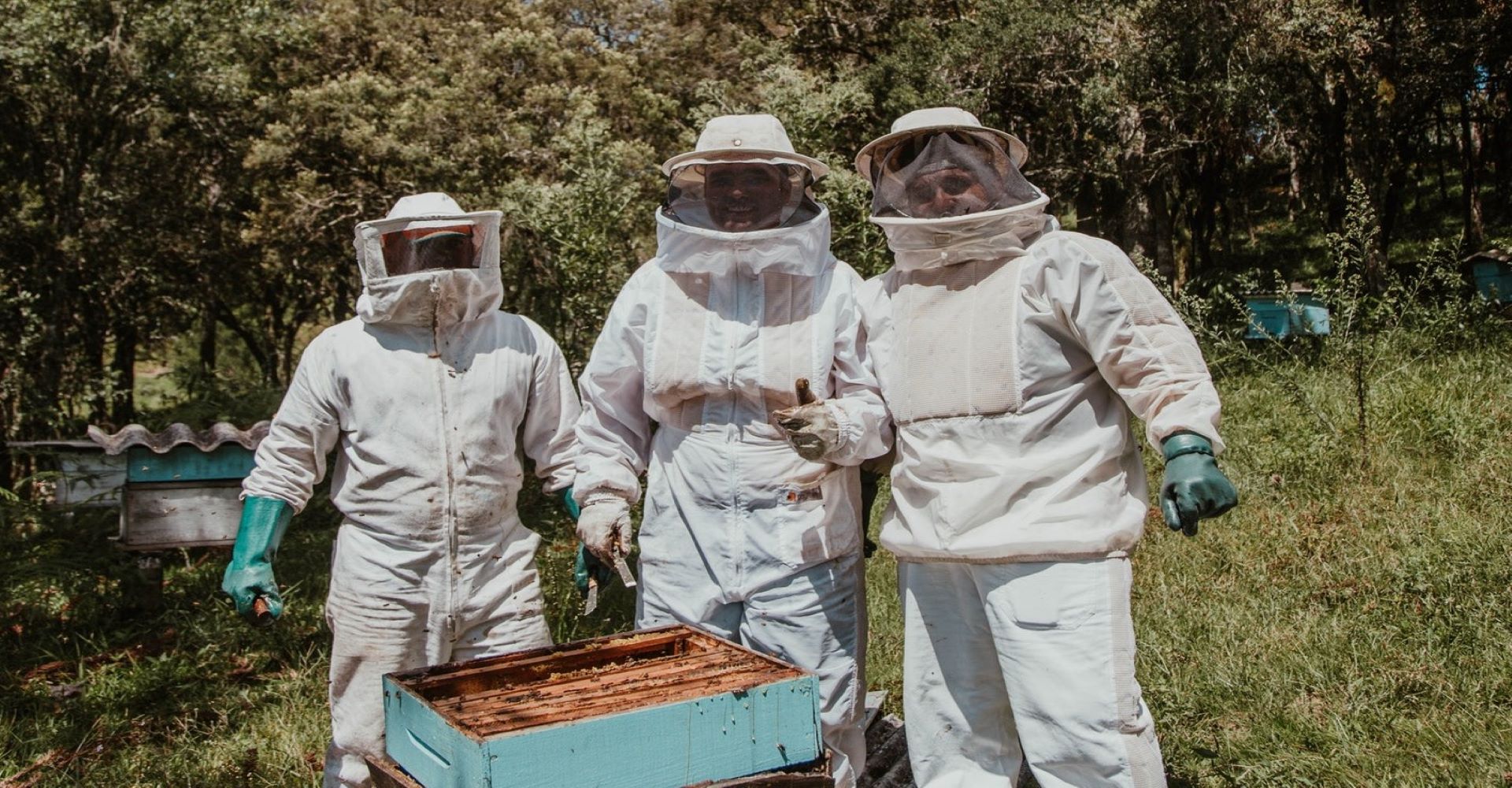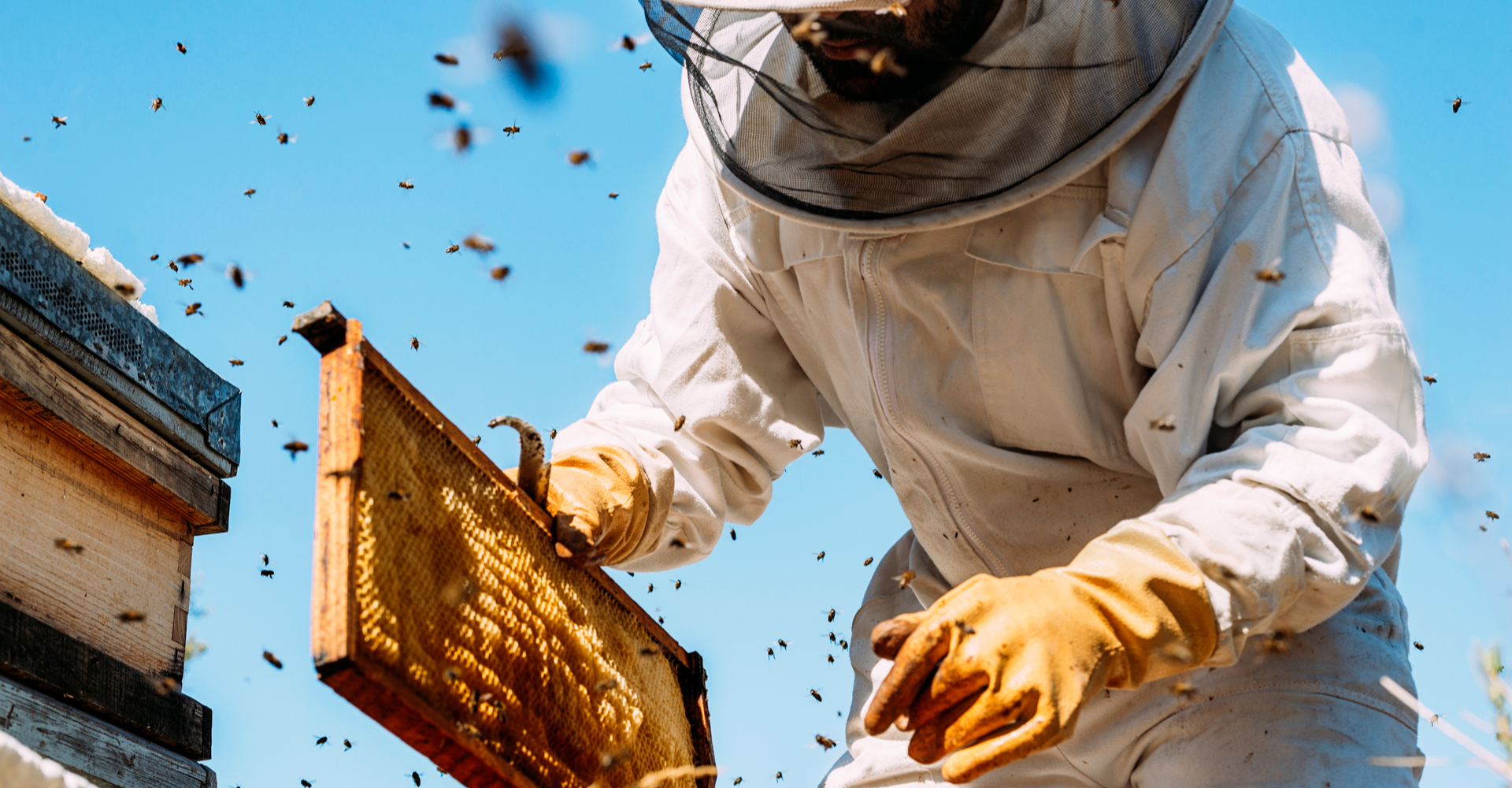The Role of Veterinarians in Helping Honeybees: 3 Things You Can Do
We'd be in real trouble without pollinators, and it's veterinary medicine's job to take care of them. How can veterinary professionals do their...

Honeybees are the most important food animals on the planet, and they need our help now more than ever.
Unfortunately, pollinators today are in crisis. They’re suffering from the side-effects of pesticides, loss of habitat, and loss of biodiversity due mostly to large-scale monoculture farming. Pollinator populations are dwindling so much that there are places where they’re having to use feathers to manually pollinate plants. Researchers are even developing drone pollinators!
To share with us what veterinarians can do in the global effort to help honeybee populations, we interviewed Dr. Terry Ryan Kane, founder of A2 Bee Vet, in this Quick Cup of Knowledge. Dr. Kane is also instructing a live bee lab and some lectures on honeybees at the WVC 92nd Annual Conference in February 2020.
Bees were here when dinosaurs roamed the Earth; we’ve been losing them only recently. This has inspired veterinarians like Dr. Kane to join this cause that has been taken up by the One Health Initiative, one that has worldwide involvement from all medical and scientific professions.
What Can We Do?
Besides diving into new ways of doing agriculture, one thing we can do to save pollinators as veterinarians is to learn more about how to keep honeybee populations healthy.
Local beekeeping and urban hives are gaining popularity across the country. There are now over 1,000 urban hives in New York City, according to Dr. Kane. Each hive needs a veterinarian to watch for signs of infection, infestation, or anything else hurting the bees.
What Will We Learn at a Bee Lab?
The most essential thing in working with bees is learning how to handle and be around them. The lab coming up is for veterinarians of all experience levels, where you’ll learn the tips and tricks to working with bees.
Bees can be similar to other animals in their sensitivity to certain smells or the person handling their hive. If you go near a hive with the scent of cigarette smoke, alcohol, or bananas, for example, the bees will give you a hard time.
They can also sense your fear or nervousness, much like horses can. It’s important not to flail your arms or swat if you get stung, as pheromones in those bees communicate to other bees that something is wrong.
All in all, veterinarians check for the health of the hive. They first look for activity and dead or injured bees. When you open the hive, it’ll give off a pleasant aroma—it usually smells sweet. If it doesn’t smell good, it could be anything from a dead mouse to a bacterial infection.
An Important Cause
Protecting bees and sustaining healthy populations is the key to maintaining our food supply for the future. Not only do pollinators make our plant foods possible, but other food animals rely on these plants for their food sources as well.
This great effort needs more veterinarians and veterinary teams working toward healthier pollination populations for the benefit of all plants, animals, and humans on the planet. Taking Dr. Kane’s bee lab could be the start of a new area of passion in your career!
Stay in the Know!
Enroll in the Live Bee Hive Laboratory at WVC’s 92nd Annual Conference on February 18!
Click the link to subscribe to our YouTube channel or check out our WVC Resource Library full of great podcasts, videos, and digital downloads!
Disclaimer
Content may contain advertising and sponsorships. Advertisers and sponsors are responsible for ensuring that material submitted for inclusion is accurate and complies with applicable laws. We are not responsible for the illegality or any error, inaccuracy, or problem in the advertiser’s or sponsor’s materials.
Advertising and sponsorship material and/or opinions are not are not a reflection on Viticus Group.

We'd be in real trouble without pollinators, and it's veterinary medicine's job to take care of them. How can veterinary professionals do their...

Beekeeping has been around for a while, but bees have successfully caught the attention of the veterinary community within the last two years.

On March 23, eleven veterinary leaders gathered and collaborated during an online summit organized by Viticus Group to inform the veterinary...